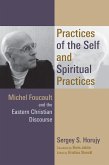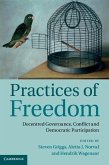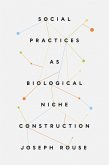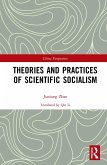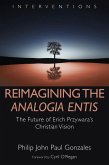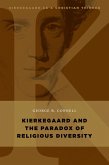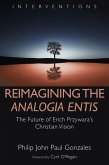In this book Sergey Horujy undertakes a novel comparative analysis of Foucault's theory of practices of the self and the Eastern Orthodox ascetical tradition of Hesychasm, revealing great affinity between these two radical "e;subject-less"e; approaches to anthropology. As he facilitates the dialogue between the two, he offers both an original treatment of ascetical and mystical practices and an up-to-date interpretation of Foucault that goes against the grain of mainstream scholarship.In the second half of the book Horujy transitions from the dialogue with Foucault to his own work of Christian philosophy, rooted in -- but not limited to -- the Eastern Christian philosophical and theological tradition. Horujy's thinking exemplifies the postsecular nature of our contemporary period and serves as a powerful invitation to think beyond religious-secular divides in philosophy and Eastern-Western divides in intellectual history.
Bitte wählen Sie Ihr Anliegen aus.
Rechnungen
Retourenschein anfordern
Bestellstatus
Storno



